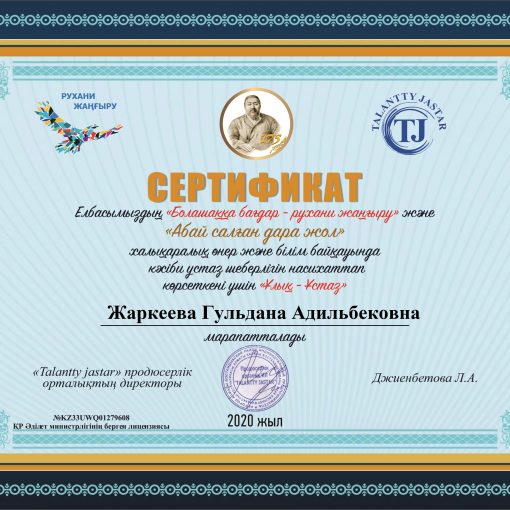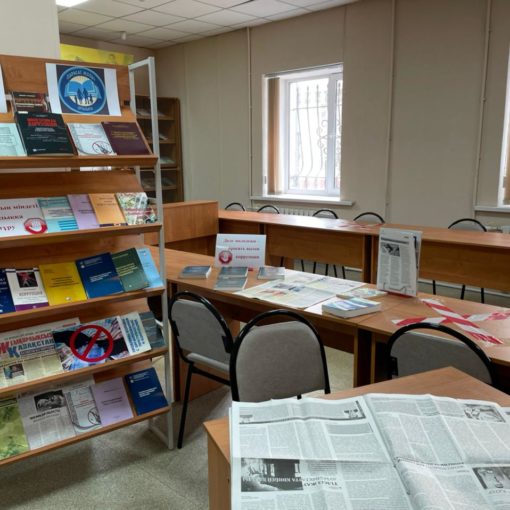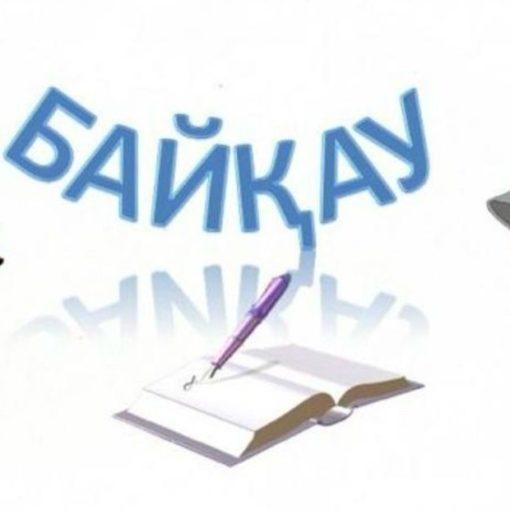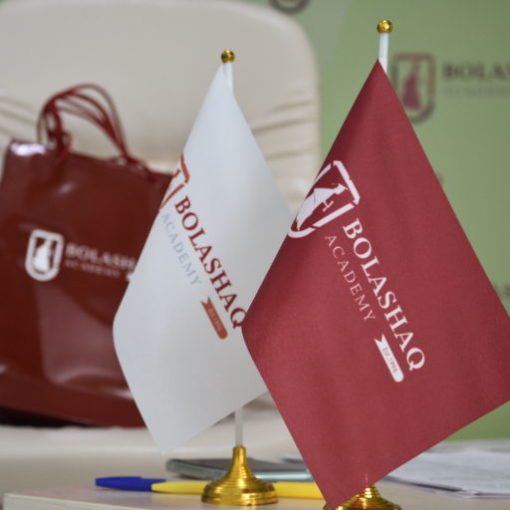
The great Soviet educator Shalva Aleksandrovich Amonashvili, author of the concept of humane pedagogy, once asked teachers gathered for his lecture a question. “Imagine the situation, you are giving a lesson in the fourth grade, and a child comes in who is 20 minutes late. What should you do?” Teachers start offering different options: “Get out of the classroom,” “Give me the diary,” “Sit in your seat, we’ll talk after class”… But Shalva Aleksandrovich was not satisfied.
⠀
He said: “When the child came in, I would say from the bottom of my heart: “Hello, my child, please come in, sit down, we couldn’t start the lesson without you, we were waiting for you.” This is called unconditional love, you can’t fake it. If he is late on the second day, I will say with even more love, “Hello, my beloved child, I’ve been waiting for you, please come in, sit down. We could not start the lesson without you.
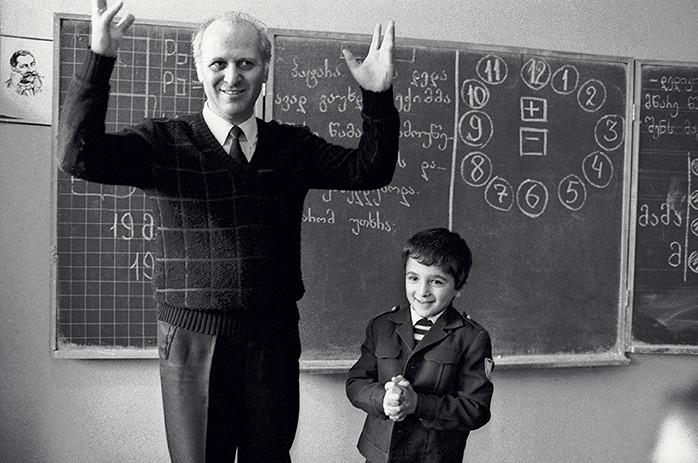
And you know, if you do that three, four, five times, your child will stop being late. Because he only responds to the pure impulse of love. And if he feels that he is loved somewhere, he won’t be there late again. That’s the psychology of a child: if he feels that he is unconditionally loved somewhere, warmed, valued there, respected as a person, he will never be late there again.
⠀
Shalva Amonashvili himself was a complete failure until seventh grade, but he graduated with a gold medal. His attitude toward studies was changed by a new Georgian language teacher who treated children with interest and respect. The child’s personality became the central concept of the concept of humane pedagogy developed by Amonashvili.
Read about Sh.A. Amonashvili:
Source: Internet

